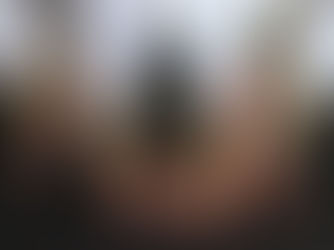
It’s a question that has long filled me with dread. Not because I don’t know the answer. But because the answer never fits neatly into a single sentence. It spills over borders and blurs simple narratives. I am from India, born in Switzerland, educated in the United States. I now live in the UK. Every time I try to compress that into something tidy, I can feel people’s attention drift. Their eyes glaze over as if I’ve given them too much to hold.
The mosaic of identity
“Where you’re from isn’t always a dot on the map. Sometimes, it’s a mosaic.”

In 2013, I stumbled upon Pico Iyer’s TED Talk on Where is home?. It gave language to a feeling I had carried for years. He spoke to the tension between origin and identity, between geography and feeling. His words made space for the complexity I had long carried.
From limitation to invitation
“The question was no longer a demand for a passport stamp. It became an invitation. A door.”
At a recent networking event, something shifted. As I shared my dread of the question, everyone began to share their own responses to it. It stopped being about nationality or residence. Instead, it comprised story, identity, memory. The question opened doors. It connected us. We were from so many different places. Not just geographically, but experientially, emotionally, philosophically.
The leadership thread

In The Through Line, I wrote about how understanding where we come from, our past, our values, our stories, unlocks our leadership. Leadership isn’t about performing a role; it’s about reaching in to understand your psychological core. That inward journey helps you lead outward with intention, clarity, and care.
The question 'Where are you from?' when asked with curiosity and courage can be an act of leadership. It makes space for others to show up fully. It invites people to share, and it signals that complexity, nuance, and difference are welcome.
Our stories
James Baldwin, a writer, essayist, and a leading voice in the American civil rights movement, once wrote: “To accept one’s past, one’s history, is not the same thing as drowning in it; it is learning how to use it.”
This quote stayed with me. Because it reframes the act of looking back not as nostalgia or indulgence, but as empowerment. When we understand where we’re from, we gain the clarity to decide where we’re going. That is leadership.
We are from different places
We are from our childhoods, dreams, silence and space. We are from the cities that shaped us and the stories that rewrote us. We are from heartbreak and reinvention. And with enough distance, we don’t just see where we came from. We begin to sense where we might go next.

Your turn
Where are you from? Truly? Not just the country. But what memories, moments, and lessons shaped who you are today. If you feel moved to do so, share your story. In your journal. In conversation. In the comments. And as you do, remember leadership begins by understanding your through line.






